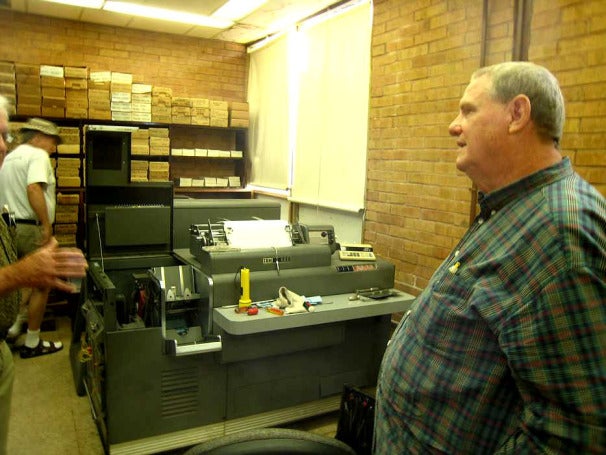Phoronix: Intel Itanium IA-64 Support To Be Deprecated By GCC 10, Planned Removal In GCC 11
Intel announced at the start of the year their newest Itanium 9700 "Kittson" processors from 2017 would be discontinued with no planned successor for the IA-64 line-up. Given the IA-64 compiler support is already in rough shape for GCC, the GNU developers are planning to deprecate the support for the current GCC 10 cycle and to remove it entirely for GCC 11...
Intel announced at the start of the year their newest Itanium 9700 "Kittson" processors from 2017 would be discontinued with no planned successor for the IA-64 line-up. Given the IA-64 compiler support is already in rough shape for GCC, the GNU developers are planning to deprecate the support for the current GCC 10 cycle and to remove it entirely for GCC 11...





Comment